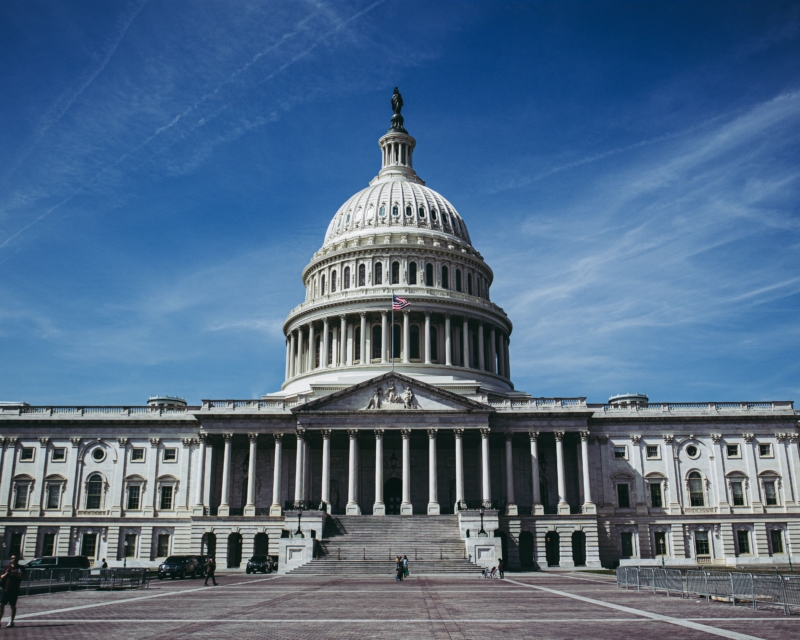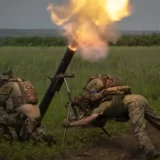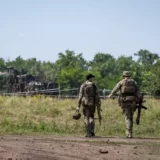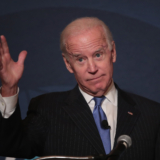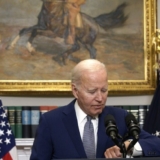AMERICAN TAXPAYER DOLLARS IN UKRAINE’S GRIP
As the echoes of political discord reverberate in Washington, a lesser-heard tale unfolds in the Ukrainian forests and war-torn cities. The staggering amount of aid – more than $113 billion – funneled to Ukraine by the U.S. government since the Russian incursion last year has sparked a furious debate, drawing attention to the essential question: Is this expenditure justified, or is it a profligate squandering of hard-earned taxpayer dollars?
In the clandestine workshops of the forest, the U.S.-made Bradley fighting vehicles stand as silent guardians, shielding Ukrainian soldiers from the brunt of Russian assaults. Amidst the tales of resilience and survival, Lieutenant Oleksandr Shyrshyn’s testimonial reverberates: “They’re afraid of the American weapons,” he avows. It’s a story of lives saved, a narrative eclipsed by the relentless drone of financial critique.
The figures loom large – $43 billion spent on military aid to Ukraine, a substantial fraction of the American defense budget. It’s the rocket launchers piercing deep into Russian-occupied territories and the Patriot air defense system shielding countless innocent lives. General Ben Hodges’ words resonate, underscoring the persistent threat posed by Russia to global security, a fact that seems to be lost in the cacophony of domestic concerns. “This war is about so much more than just Ukraine,” he warns.
Beyond the clatter of war, the American support resonates in the form of seeds for farmers, salaries for first responders, and subsidies for small businesses. The very foundation of Ukraine’s resilience is built upon this lifeline. Tatiana Abramova’s knitwear company stands as a testament to the sustenance offered by American aid, supporting over 70 families in the midst of chaos. “Economy is the foundation of everything,” she declares, embodying the spirit of an embattled nation determined not to succumb to adversity.
John McCain Street in Kyiv echoes the legacy of a senator who championed Ukraine’s cause, his former colleagues, irrespective of party lines, standing united in support. The political rhetoric pales in comparison to the real-life consequences of their decisions.
Yet, amidst the support, shadows loom. The scrutiny over the allocation of resources and the vigilance required to prevent corruption is as integral as the aid itself. The recent increase in corruption investigations and arrests in Ukraine is a stark reminder of the perils that come with such massive aid initiatives.
As the war’s toll rises and the fate of a nation hangs in the balance, the voices of those in the throes of battle resound. The weight of the decisions rests not just in the corridors of power but also on the shoulders of every taxpayer. The plea from Lieutenant Shyrshyn rings clear – the cost is not merely monetary; it’s a cost measured in human lives, a price beyond the confines of balance sheets and budgets.
As the world watches, the battle in Ukraine unfolds – not just on the front lines but also in the hearts and minds of those on both sides of the ocean, navigating the complex conundrum of sacrifice and fiscal responsibility. In the end, it is not merely a question of dollars and cents, but a question of moral accountability, a question that demands answers beyond the purview of political rhetoric and financial scrutiny.

